Skomer Island: Record number of puffins on Welsh island
- Published
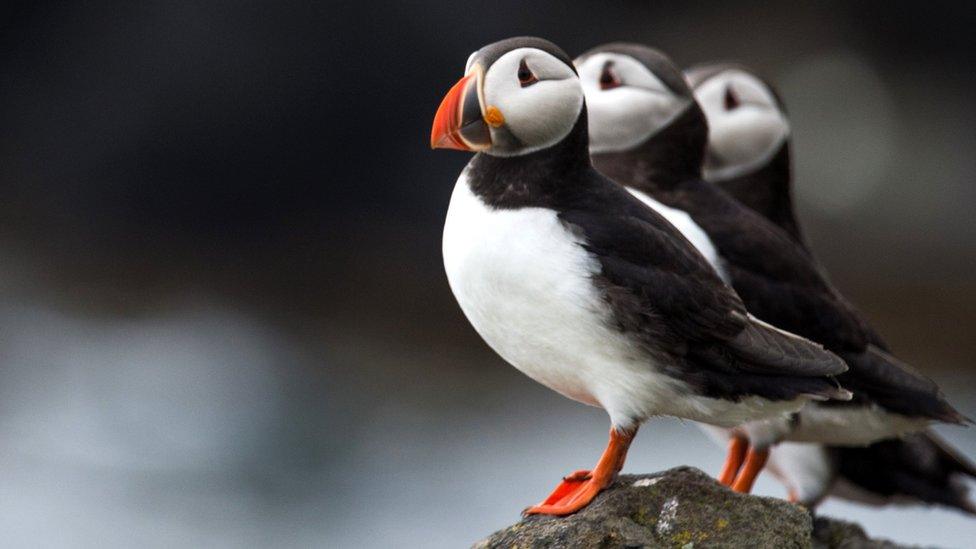
Puffins are on the rise on one island as they keep coming back to have pufflings
A record number of puffins have been counted on an Island off the coast of Wales - more than 42,000!
There were worries numbers were going down but the first count of the year clocked 42,513 birds, the highest since the island counts began in the late 1980s.
March and April marks the start of the annual migration of puffins to the Welsh wildlife spot - a time where they move for warmer weather, better food and to reproduce.
They typically live in colder climates, like Iceland, for the rest of the year.
The Wildlife Trust of South and West Wales said the number marks an "excellent start to the season", up from last year's 38,896.
You can also see puffins in other parts of the UK, including off the coast of Scotland and Yorkshire.
Puffins: Meet the kids helping baby pufflings fly free
Leighton Newman, a warden on Skomer Island, said he thinks the increase is down to lots of new pufflings hatching.
Wardens like him split the island up and go round with a clicker to count the birds.
But he said it was becoming an "increasingly difficult task" as numbers rise and its now a "long evening with a clicker by your side".
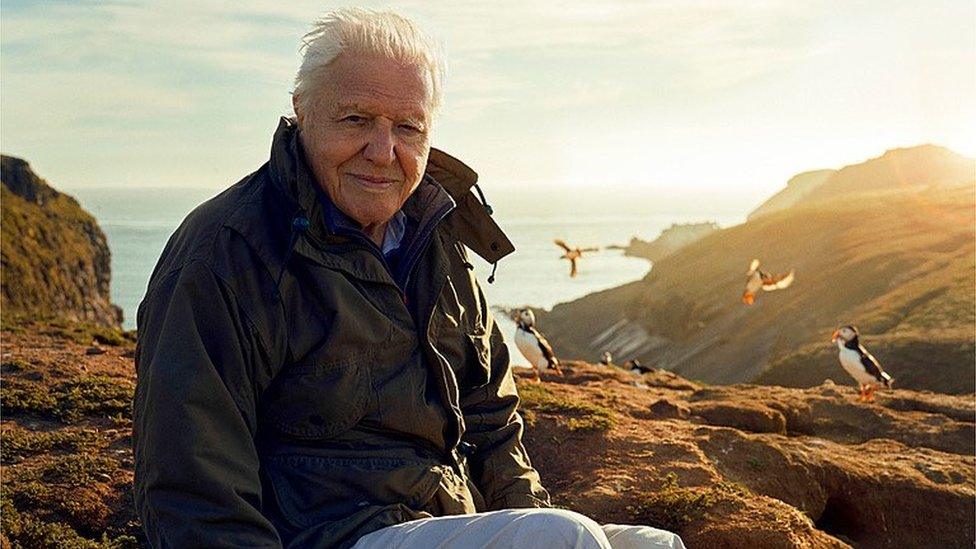
David Attenborough featured puffins in his most recent programme on the British Isles
Skomer Island puffins recently featured on David Attenborough's Wild Isles programme.
"It's fantastic. The UK holds a huge percentage of the world's population of seabirds, so it's just really nice to highlight that," said Mr Newman.
What do you know about puffins?

Puffins are on the rise on one island as they keep coming back to have pufflings
1) Did you know puffins pairs are loyal to each other? Each year they have one puffling and can be together for up to 20 years!
2) Both parents look after their egg for between 36 and 45 days, and then the island becomes even busier once they hatch.
3) Their beaks change colour during the year. In winter, the beak has a dull grey colour, but in spring it blooms with a bright orange! It's thought that the bright colour helps attract a partner.
4) Puffins are great flyers, flapping their wings up to 400 times a minute and flying up to 88km an hour. Wow!
5) Nicknamed "sea parrots" and "clowns of the sea", puffins spend most of their lives out at sea, resting on the waves when not swimming.
- Published3 July 2017
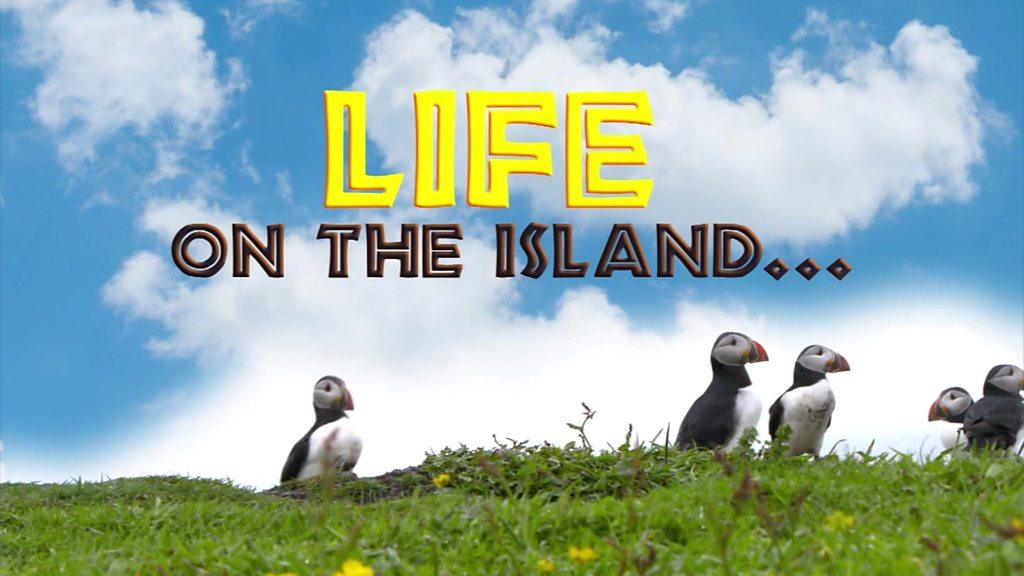
- Published1 September 2022
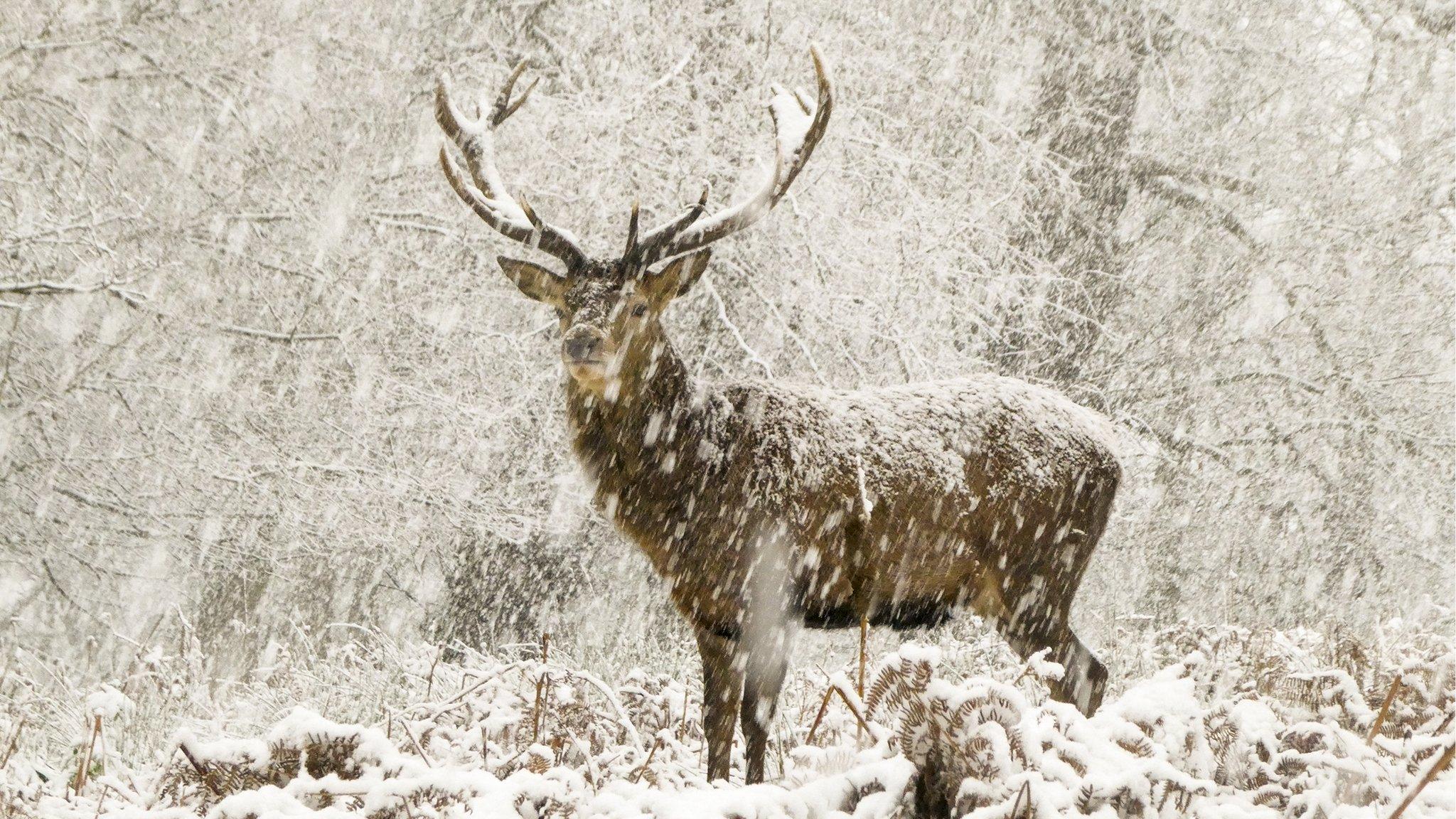
- Published22 July 2019
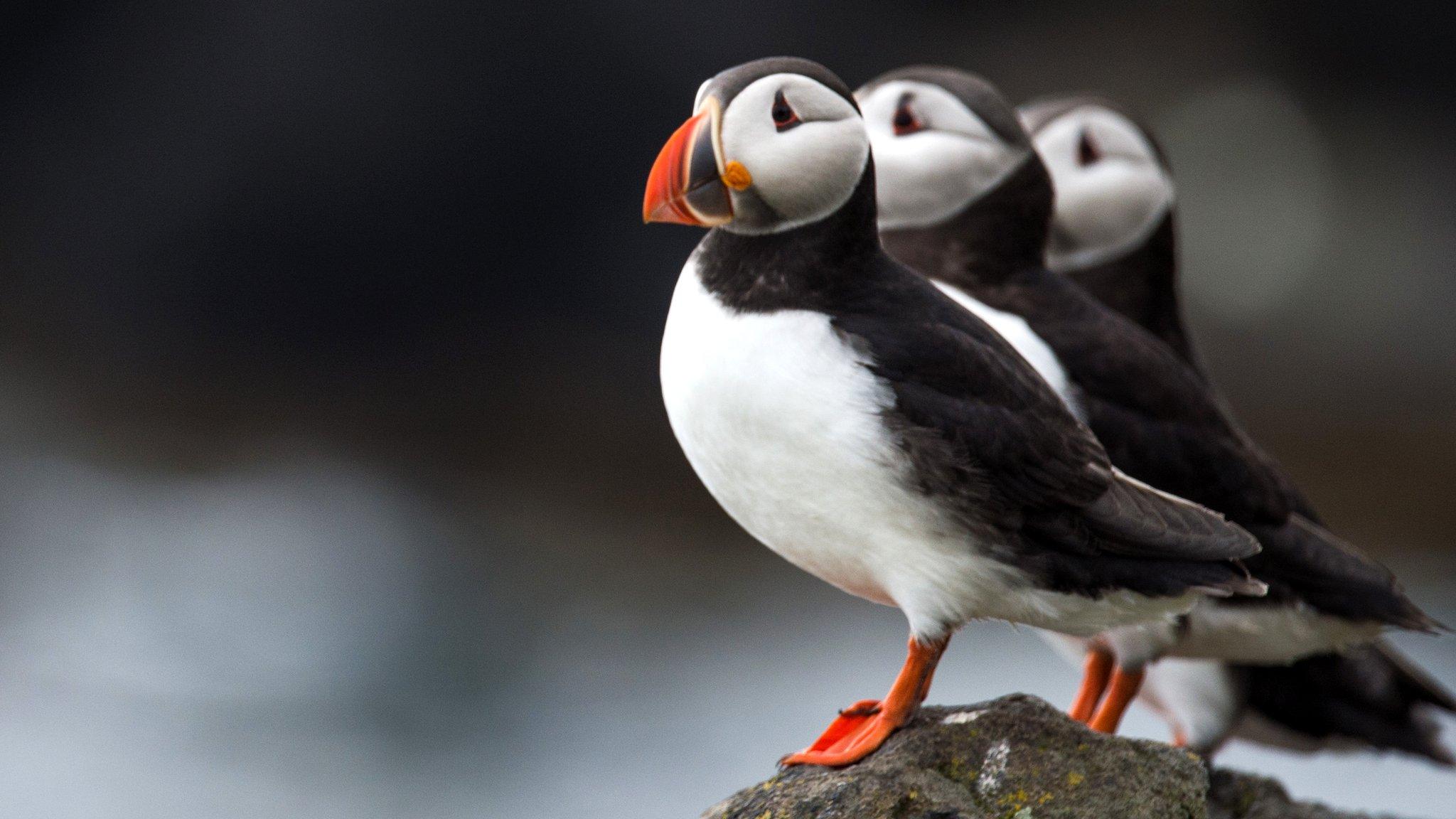
- Published24 July 2022
